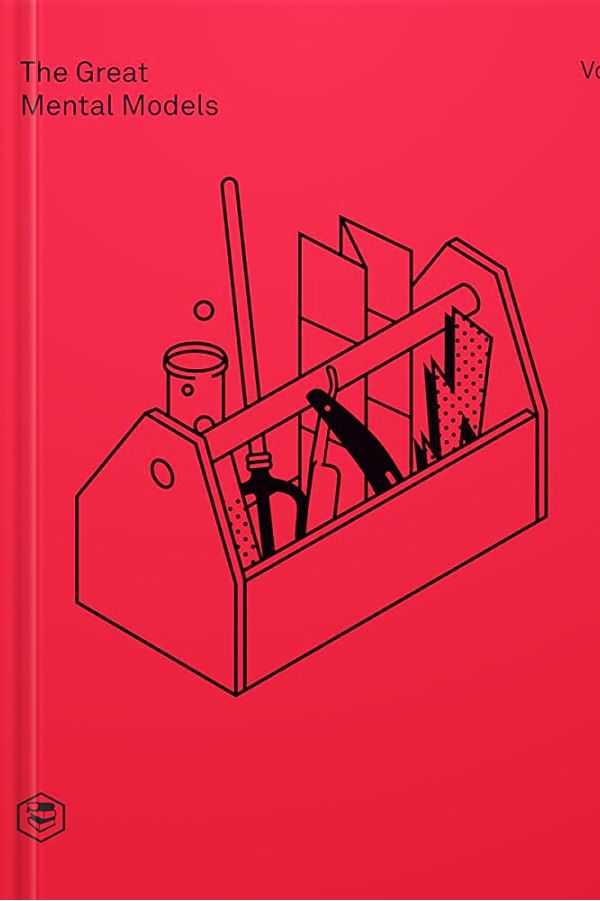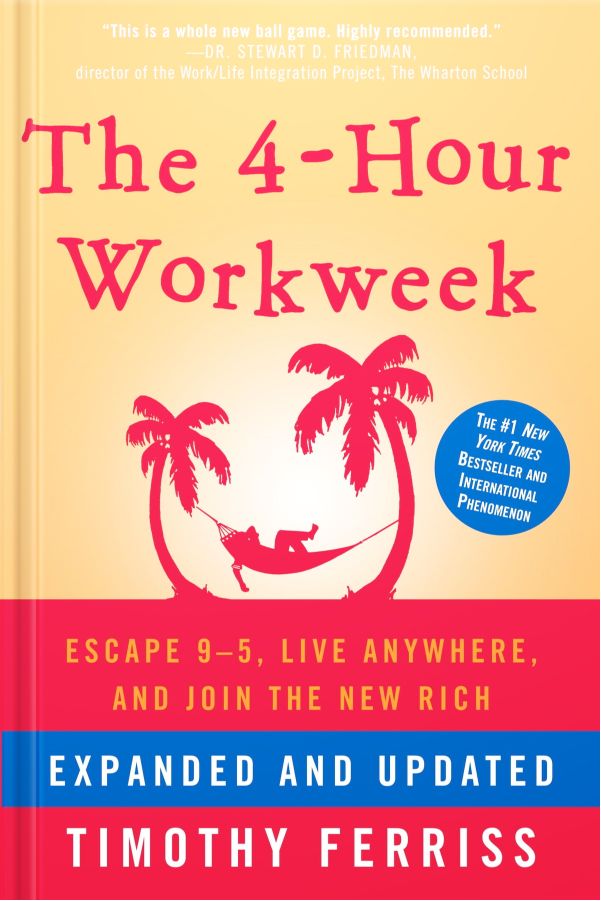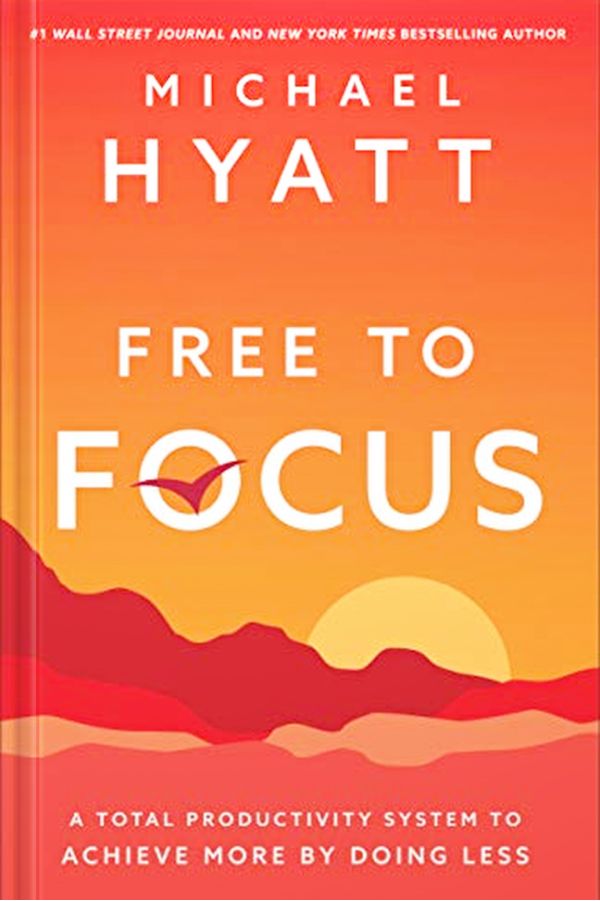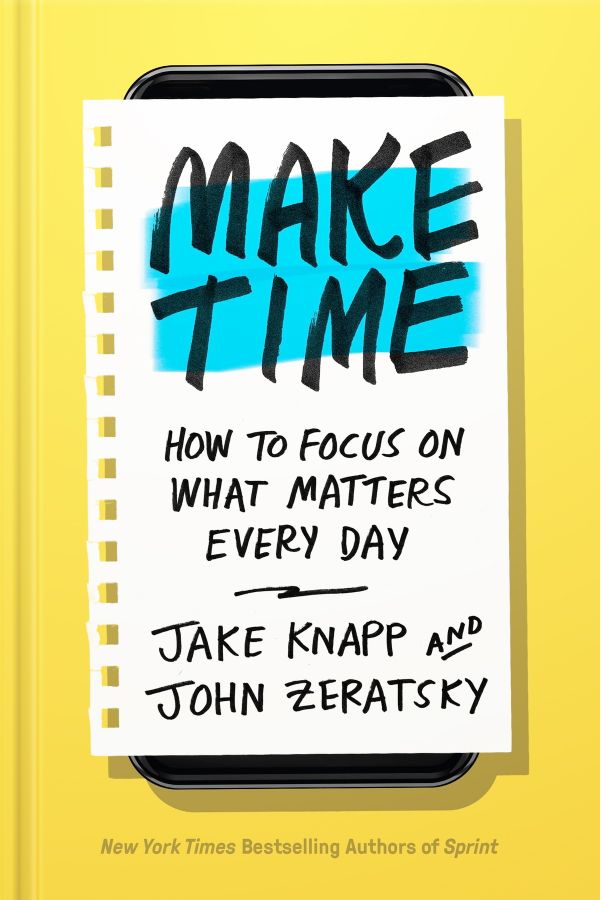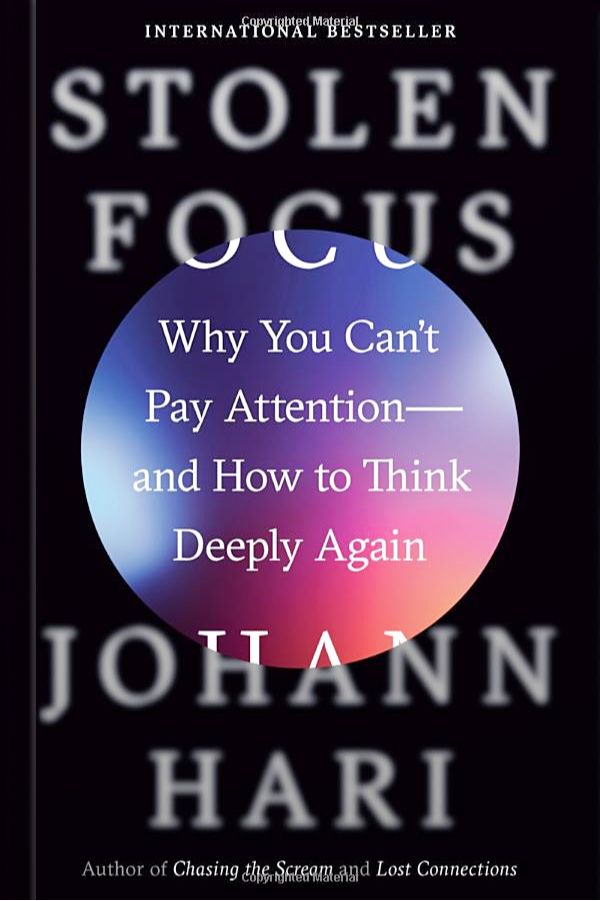
Stolen Focus: Why You Can’t Pay Attention by Johann Hari
1. The Importance of Sustained Attention
The inability to maintain focus prevents us from achieving our goals.
As Hari states
"It’s the fragmenting of our attention that prevents us from discovering who we are, and what we truly want."
2. The Cost of Interruptions
Being disrupted while focusing can take 23 minutes to regain the same state of focus.
"Every interruption drains our cognitive resources."
3. Facing Change
Addressing issues directly is the first step to change.
Hari poignantly quotes James Baldwin:
"Not everything that is faced can be changed, but nothing can be changed until it is faced."
4. The Necessity of Depth
Depth requires time and reflection, which constant distractions prevent. Hari argues:
"The shallows are where we spend most of our time, but the depths are where we find our worth."
5. The Cellphone Trap
Cell phones often distract us from essential tasks.
"Our smartphones are echo chambers for our anxieties," Hari observes, highlighting the need for mindful technology use.
6. The Consequence of Rushing
Going too fast overloads our cognitive abilities.
"Racing against the clock, only degrades our ability to focus."
7. The Value of Slowness
Slowness nurtures attention, while speed shatters it. Hari quotes the psychologist Mihaly Csikszentmihalyi:
"Attention is the key to a good life."
8. The Myth of Multitasking
Humans are not designed for multitasking. Hari advises:
"Your brain is designed to focus on one thing at a time."
9. The Monotasking Strategy
Struggling to focus? Try monotasking for 10 minutes before taking a one-minute break.
This habituates your brain to focus, according to Hari.
10. The Replacement of Distractions
Hari encourages replacing distractions with flow-inducing activities.
"We cannot eliminate distraction but we can replace it with immersion."
11. The Art of Achieving Flow
For attaining flow, Hari suggests choosing a meaningful goal that challenges you just enough without being overwhelming.
12. The Need for Positive Goals
Removing negatives isn't enough for a good life; you also need positive goals.
Hari stresses:
"Without a vision, we perish."
13. The Role of Sleep in Focus
Poor sleep blurs focus, deep thinking, and the ability to make connections.
"Sleep is the golden chain that ties our health and our bodies together," Hari quotes Thomas Dekker.
14. The Brain-Cleaning Function of Sleep
During sleep, your brain self-cleans, eliminating accumulated waste.
Hari refers to this as the brain's "nightly detox."
15. The Replenishment of Energy During Sleep
Sleep replenishes your energy levels.
Hari suggests:
"Consistently good sleep is the best gift you can give your brain."
16. The Stress-Handling Benefit of Dreaming
Dreaming allows for stress processing without stress hormone release.
Hari postulates:
"Dreams help us to make sense of life's anxieties."
17. The Linear Reading Benefit of Books
Books train us to read linearly, fostering sustained attention.
Hari asserts:
"Books are the gym for our brains."
18. The Empathy-Building Power of Fiction
Fiction enhances empathy by allowing us to experience different emotions.
Hari comments
"Fiction takes us out of ourselves and into others."
19. The Creative Power of a Wandering Mind
Allowing your mind to wander enhances creativity and long-term decision-making.
"Creativity is merely a byproduct of our brains at rest."
20. The Creative Power of New Associations
Creativity emerges from new associations between existing ideas in our brains.
"Creativity is not invention, but association."
By comprehending and implementing these ideas, we can regain our stolen focus, enhancing our productivity, creativity, and overall well-being.


